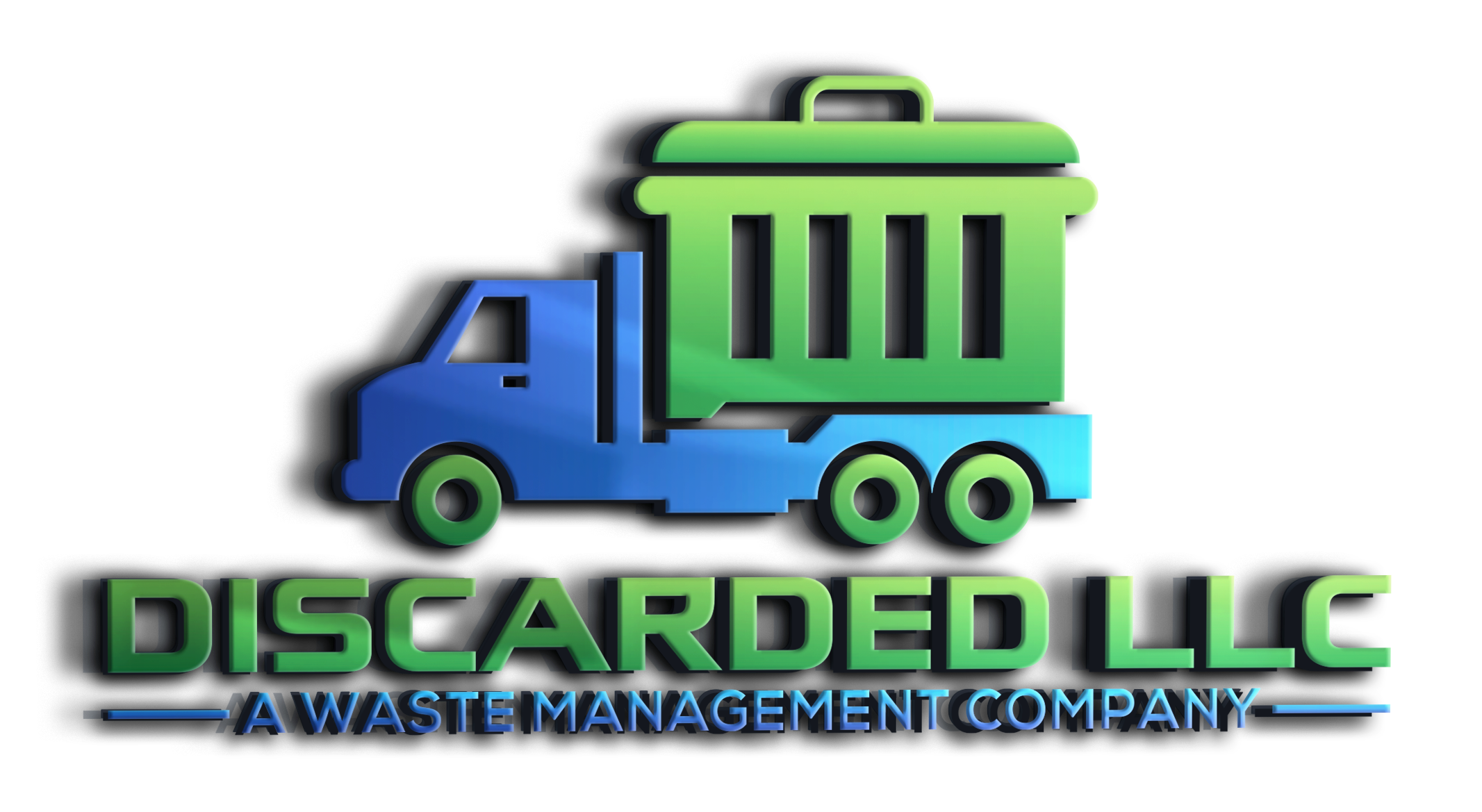
Hoarding touches more lives than most people realize. As a local junk removal business serving New Haven County and Fairfield County, Connecticut, we’ve seen firsthand that what looks like “just clutter” often reflects deeper stories, stress, and mental health challenges. This post aims to inform, reduce stigma, and help families navigate decisions with care—because lasting change happens when compassion and practical support work together.
What we see on real jobs in Connecticut homes
- Patterns, not laziness: Overfilled rooms, blocked pathways, duplicate items, and unopened deliveries are common. These patterns often signal decision fatigue or anxiety—more than a simple “choice” to keep stuff.
- Emotional attachment: Items frequently hold memories, identity, or a sense of security. Letting go can feel like losing part of oneself, which is why respectful pacing matters.
- Safety and health risks: Piles and pathways can create tripping hazards, attract pests, or block access to exits. Addressing safety early reduces stress for everyone involved.
- Family dynamics: Loved ones may feel urgent pressure to “fix” things, while the person at the center feels overwhelmed. Neutral, professional support helps keep progress steady and relationships intact.
Tip: If you’re unsure where to start, choose a single, low‑stakes zone (like a hallway or entryway) to establish momentum without triggering distress.
Is hoarding a choice or a condition?
The honest answer is: it can involve both. Many clients describe feeling stuck—wanting change, but unable to decide or act consistently. That stuckness often points to underlying mental health factors like anxiety, depression, trauma, or compulsive saving behaviors. Framing hoarding purely as a “choice” oversimplifies the reality; framing it purely as a “condition” can remove agency. The most helpful middle ground respects personal dignity while offering structured support.
- Choice: Setting goals, asking for help, and agreeing to paced removal are decisions that empower progress.
- Condition: When collecting and difficulty discarding persist despite harm, professional guidance (medical or therapeutic) may be appropriate.
- What works best: A plan that blends practical junk removal steps with emotional safety—steady pacing, clear zones, and respectful handling of sentimental items.
Note: We’re a junk removal business, not clinicians. If hoarding severely impacts safety or wellbeing, consider speaking with a licensed mental health professional alongside scheduling a cleanout.
How Discarded Junk Removal supports New Haven and Fairfield County
We design our approach to reduce overwhelm and protect dignity. Whether you’re in New Haven County or Fairfield County, Connecticut, our team has experience in both small and extensive cleanouts.
- Assessment first: We walk through your space, identify safety priorities, and agree on scope and pacing.
- Zone‑by‑zone cleanouts: We start with clear‑impact areas (exits, kitchens, bathrooms) and build momentum.
- Sentimental item protocol: We create a “review box” for photos, letters, and keepsakes so nothing meaningful is discarded without consent.
- Responsible disposal: We prioritize donation, recycling, and ethical disposal—reducing waste while respecting the environment.
- Clear communication: Transparent pricing, timelines, and progress updates keep everyone aligned.
Practical steps to start—without overwhelm
- Define a small win:
Choose one path or doorway to clear for safety and ease of movement. - Set simple rules:
Use three categories: keep, donate, remove. Keep decisions under one minute per item to reduce decision fatigue. - Create a “later” box:
For emotionally charged items, defer without derailing the session; revisit when energy is higher. - Schedule short sessions:
60–90 minutes with breaks. Consistency beats marathon cleanouts. - Invite support:
Pair our crew with a trusted friend or family member to reinforce comfort and follow‑through.
Ready to talk?
If you or a loved one is facing hoarding challenges in Connecticut, we’re here to help—professionally, respectfully, and at a pace that feels safe.
- Discarded Junk Removal
- Serving: New Haven County & Fairfield County, Connecticut
- Call/Text: 475‑332‑1908
- Book: www.discardedllc.com/book

It was surprisingly straightforward.